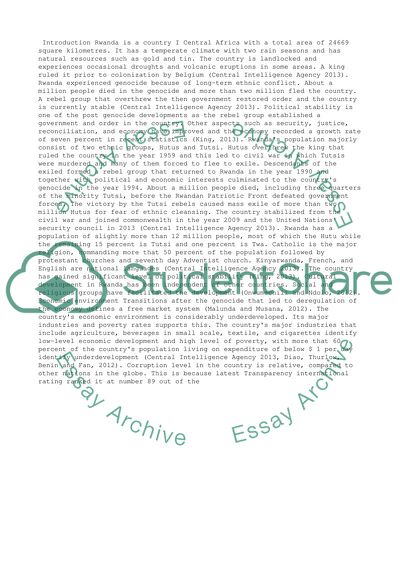Cite this document
(“International Management Research Paper Example | Topics and Well Written Essays - 1000 words”, n.d.)
International Management Research Paper Example | Topics and Well Written Essays - 1000 words. Retrieved from https://studentshare.org/management/1491709-international-management
International Management Research Paper Example | Topics and Well Written Essays - 1000 words. Retrieved from https://studentshare.org/management/1491709-international-management
(International Management Research Paper Example | Topics and Well Written Essays - 1000 Words)
International Management Research Paper Example | Topics and Well Written Essays - 1000 Words. https://studentshare.org/management/1491709-international-management.
International Management Research Paper Example | Topics and Well Written Essays - 1000 Words. https://studentshare.org/management/1491709-international-management.
“International Management Research Paper Example | Topics and Well Written Essays - 1000 Words”, n.d. https://studentshare.org/management/1491709-international-management.


